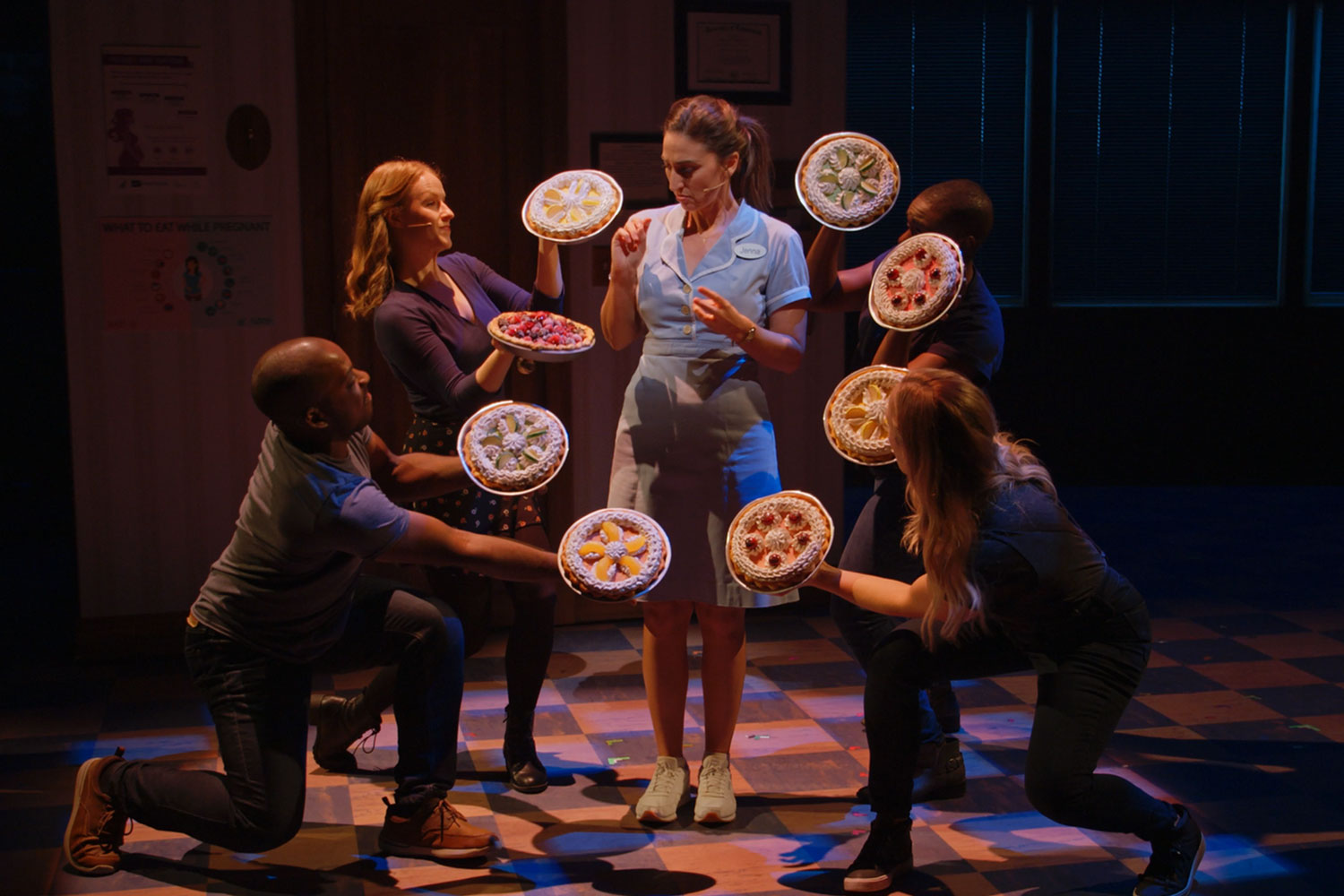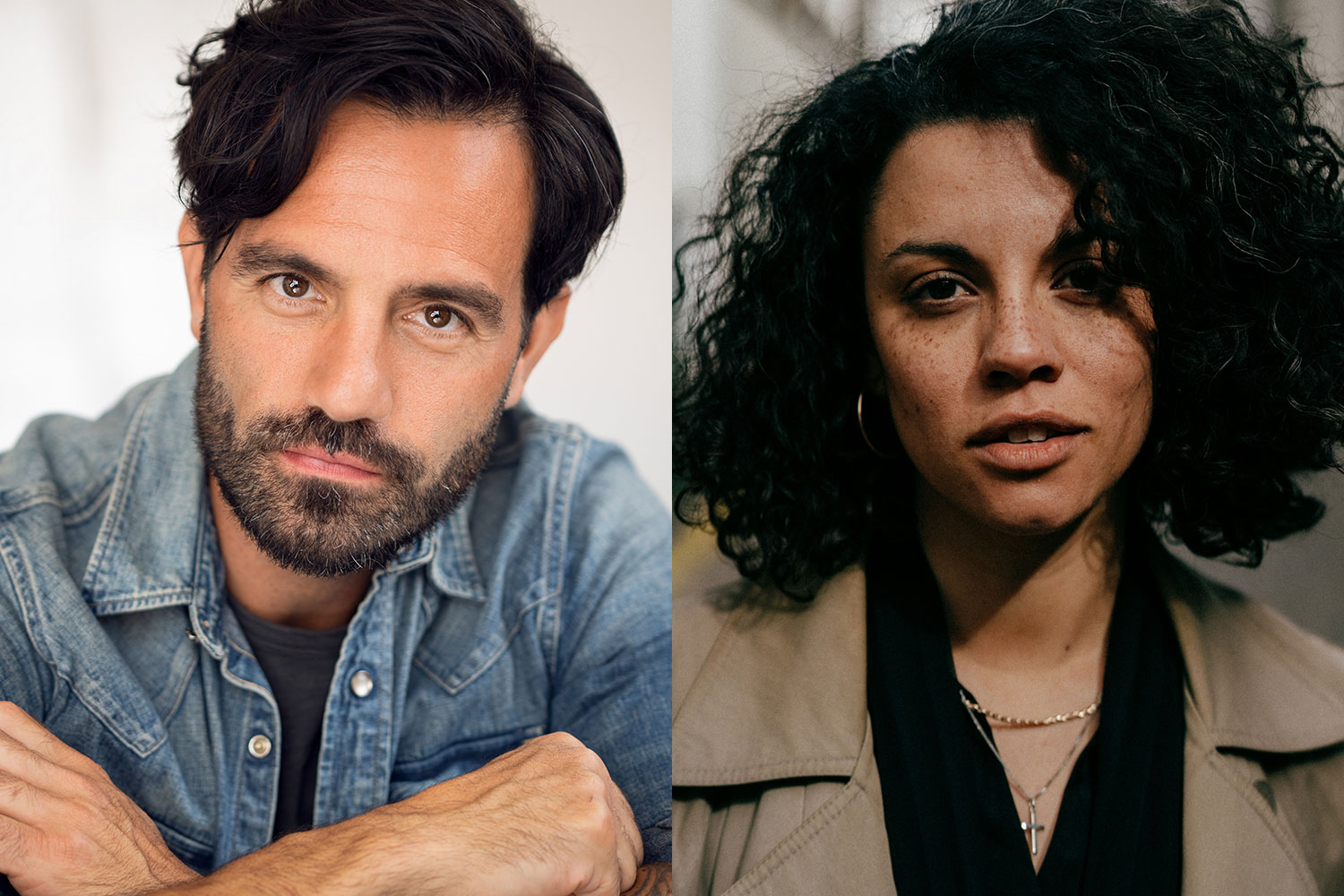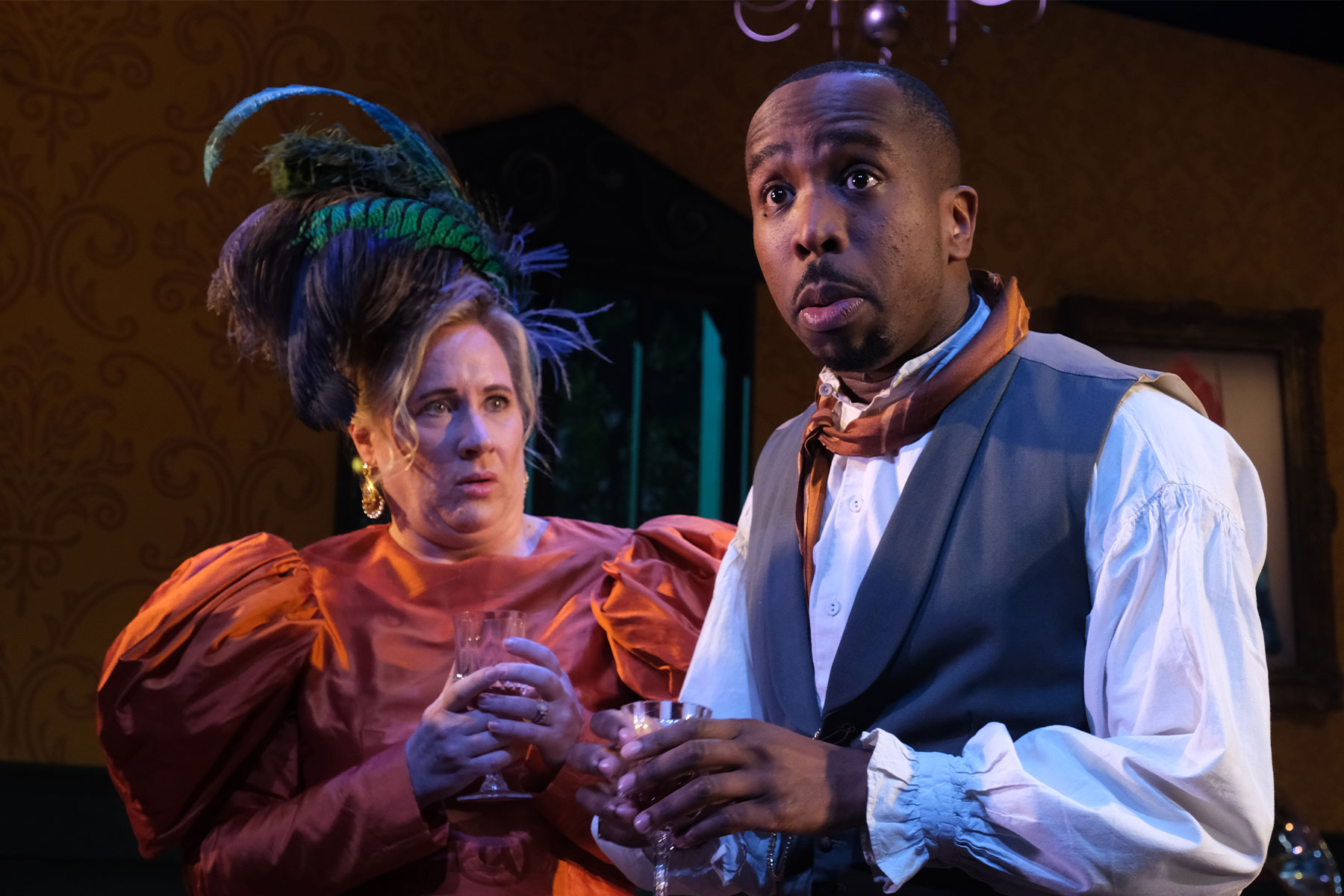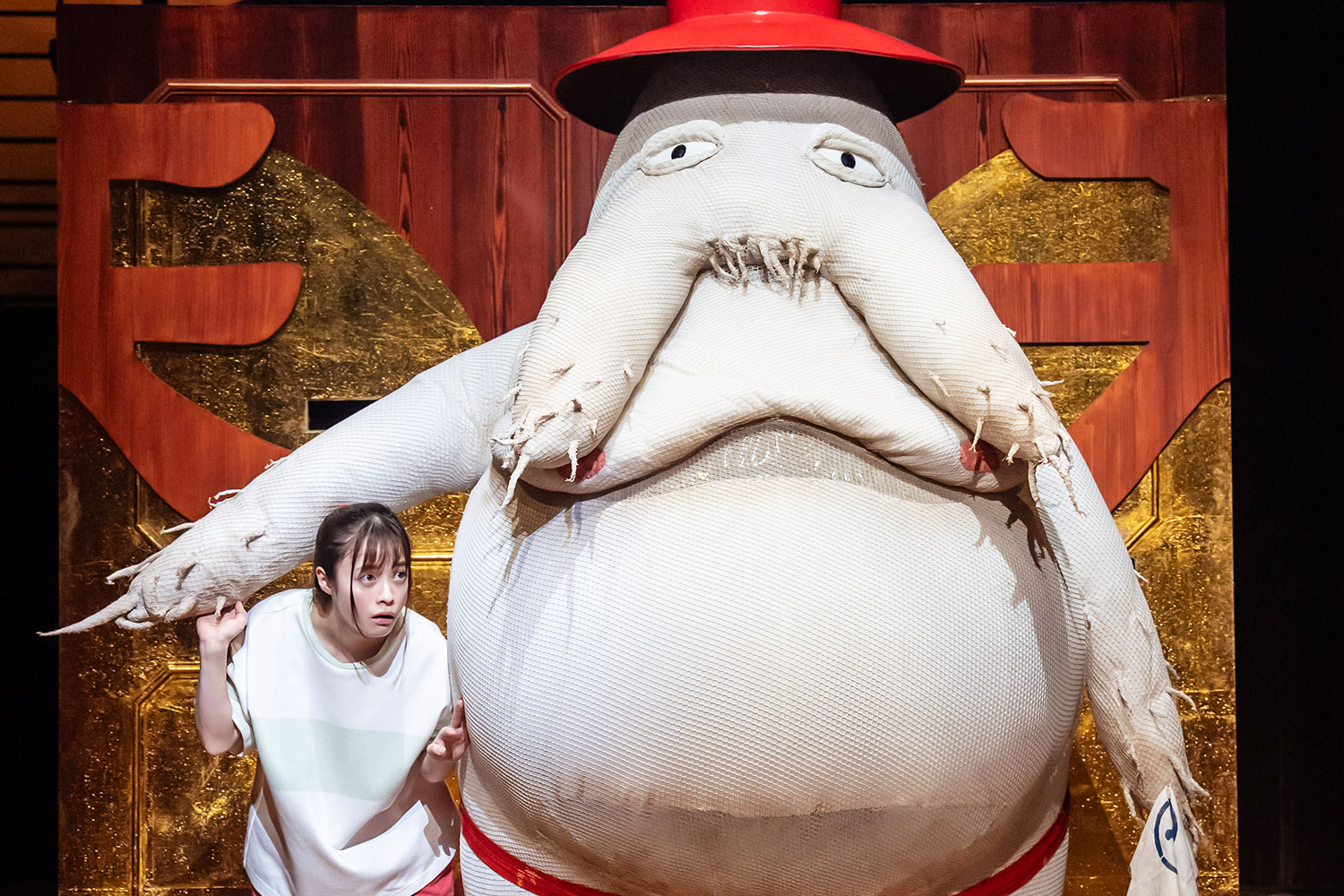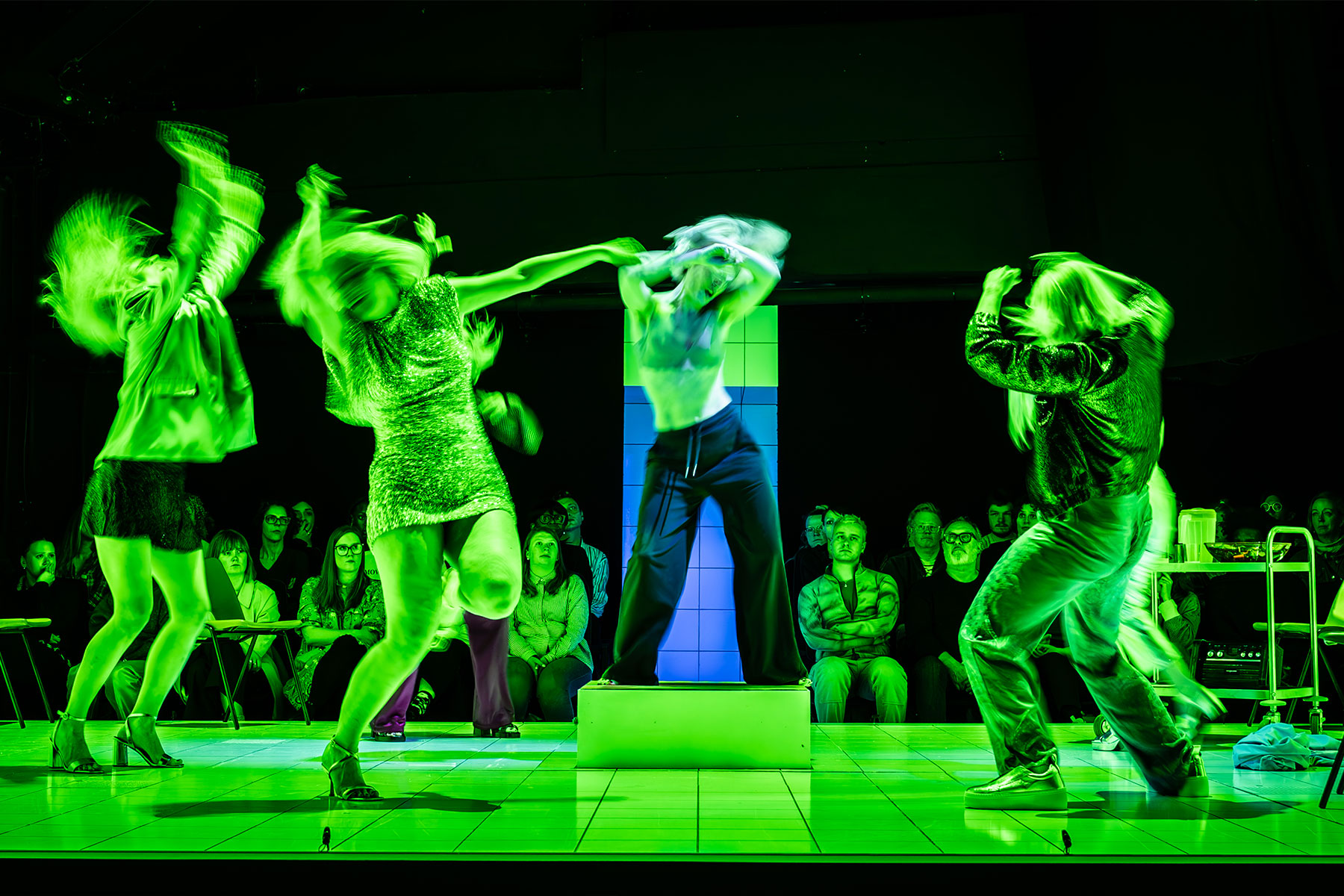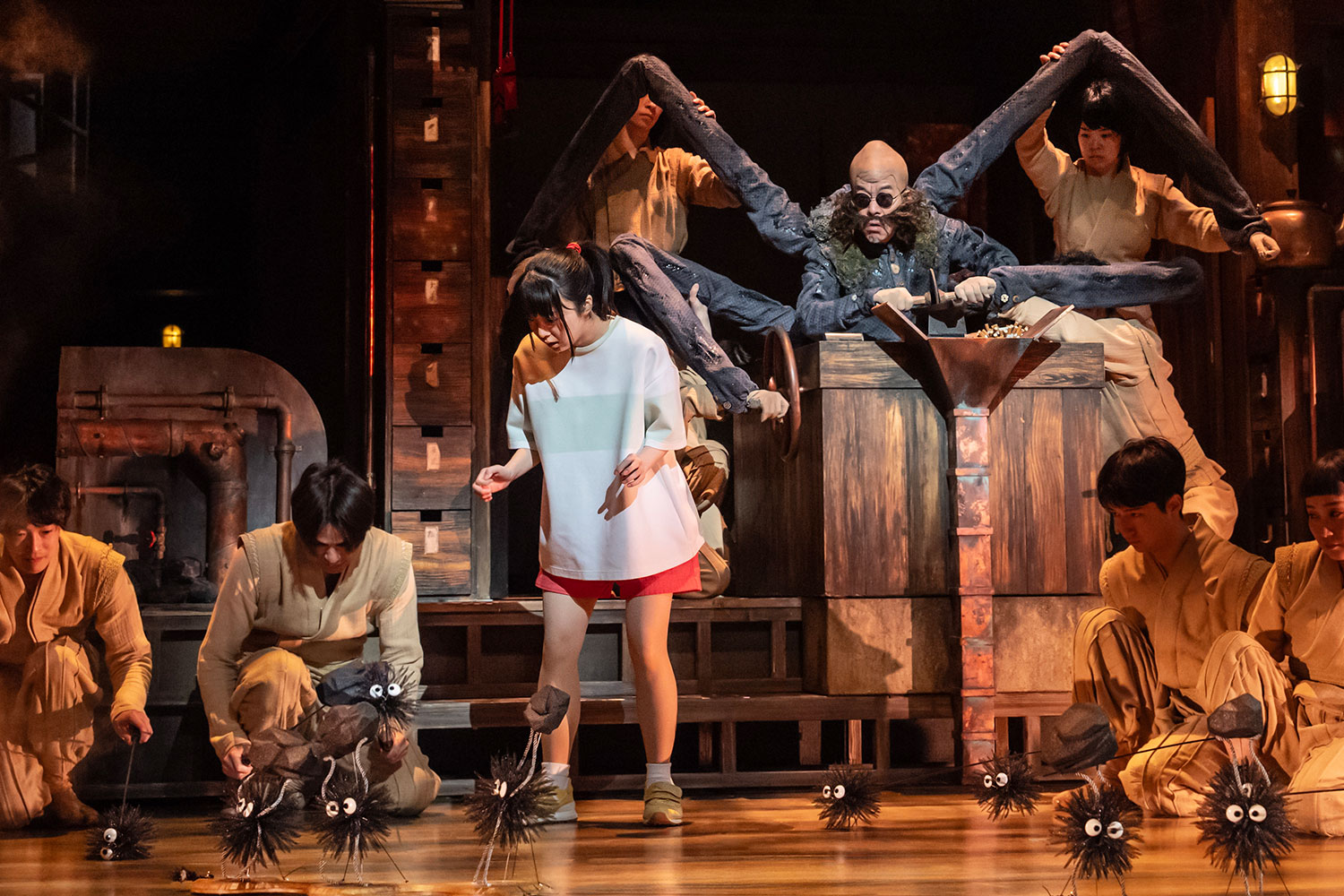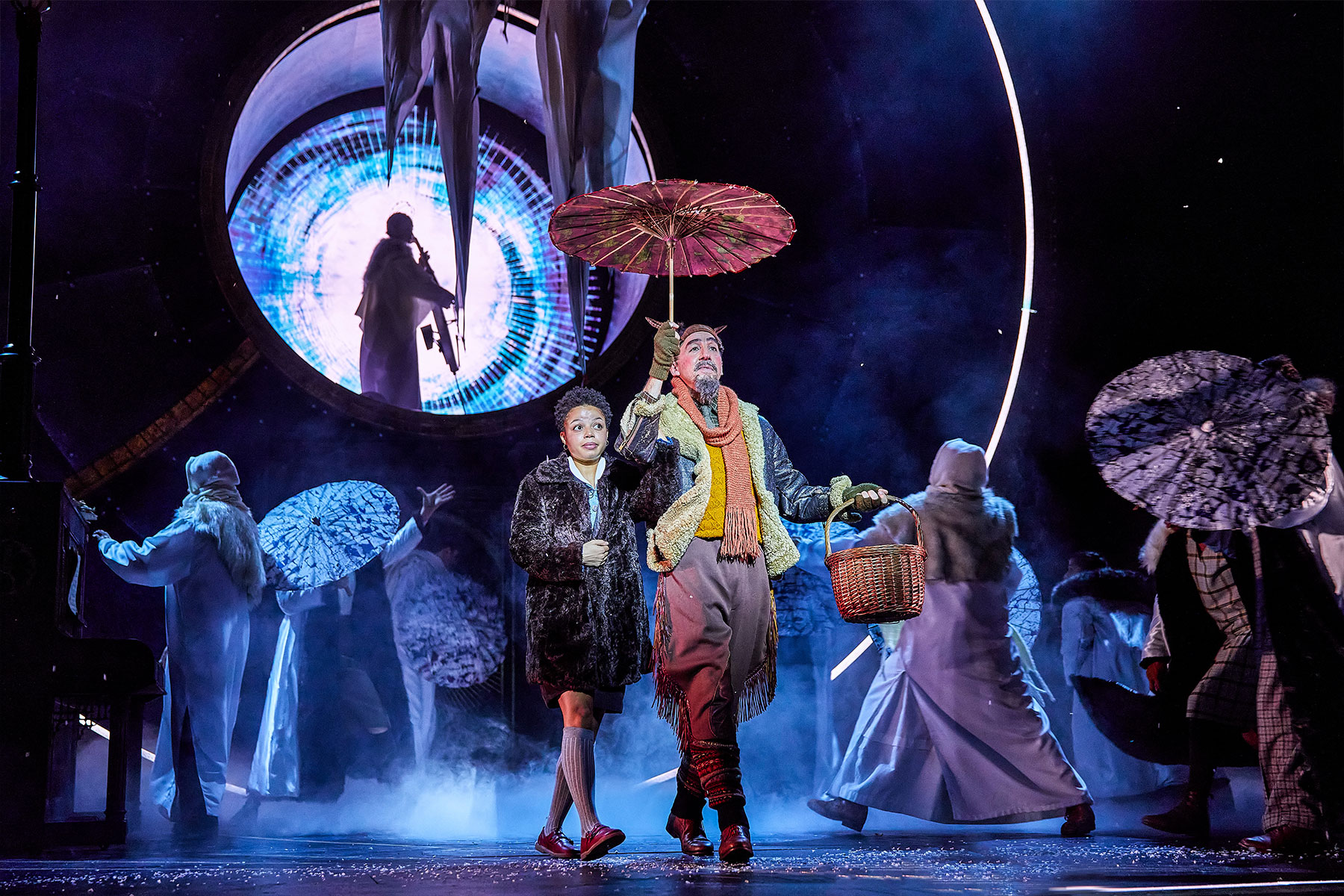20 Questions With…Bronson Pinchot
Bronson Pinchot may not be a household name in the UK, but he is in the United States, where frequent film and television appearances have secured his reputation as a talented, if slightly quirky, comic actor.
Pinchot’s first big break came in 1983 when he played Tom Cruise’s high school sidekick in the film Risky Business. Subsequent roles saw him in the likes of Beverley Hills Cop, The Flamingo Kid, After Hours, Blame It on the Bellboy, The First Wives Club, True Romance and Courage Under Fire. In these films – as well as in the 1986 sitcom Perfect Strangers – Pinchot could often be found playing relatively minor but scene-stealingly memorable parts as foreigners or camp assistants.
On stage, Pinchot has played serious as well as funny. His US theatre credits include The Winter’s Tale at New York’s Shakespeare Festival, Stephen Sondheim’s Putting It Together on Broadway with Carol Burnett, and the one-man show Fully Committed.
The actor is currently making his West End debut in Marie Jones’ multi award-winning two-hander Stones in His Pockets, at the Duke of York’s Theatre. He and co-star Christopher Burns – who are the first American cast for this distinctly Irish play – portray 15 different parts between them. The duo were originally cast to star in the Broadway production of Stones but, when it closed prematurely after the 11 September terrorist attacks, they were re-deployed for an extended London season ahead of a US tour. Pinchot and Burns continue at the Duke of York’s to 12 January 2002.
Date & place of birth
Born 20 May 1959 in New York City.
Lives now…
Out of a suitcase!
Trained at…
Yale University and at Shakespeare & Company (a conservatoire in Massachusetts).
First big break
I’ve been “discovered” on a regular basis, roughly every two years of my career. But my first play in New York was Paul Rudnick’s Poor Little Lambs, Off-Broadway at St Peter’s Church in 1981/2, and it led immediately to Risky Business (with Tom Cruise in 1983) and that led to two other films.
Career highlights to date
My own personal highlight was appearing last summer in New York as Autoclycus in The Winter’s Tale in the Public Theatre’s Shakespeare in the Park season in Central Park. It’s one of the most high-pressure Shakespearean venues in the world, everyone is ready to tear you to pieces, but it went brilliantly. I truly felt, without being smarmy, that it was written for me; it fit me just right.
Favourite production you’ve ever worked on
It’s quite possible that, when I’m in my rocking chair on the front porch of the old folks home, I may say Stones in His Pockets. This isn’t a show where you come on in the Second Act and steal scenes; you have to make it happen between you and one other bloke for the whole show. I recently did a one-man play, Fully Committed, in Chicago, where I played 42 characters, but I prefer this – there was no one to play off there. This is bare-bones theatre, too, but at least there’s one other person to act with.
Favourite co-star
The most unforgettable person I’ve ever been on stage with was Carol Burnett (in Sondheim’s Putting It Together on Broadway). Acting with her is like having lunch at the most famous restaurant in Florence – you forget what you’re eating because you just can’t believe it’s happening.
Favourite director
Ian McElhinney, who has directed Stones in His Pockets. There’s a cliché about directors in theatre and film that 90% of their work is done when they cast you, but I expect someone to really direct and comb through the text with me, to go through it line-by-line and word-by-word. And Ian did. Because it’s in an entirely strange idiom, he really needed to go through it with us.
Favourite playwright
William Shakespeare, and if you have to ask why, you’re writing for the wrong website.
What role would you most like to play still?
Richard II. A lot of the commercial stuff I’ve done is comedy, but I’m interested in taking things that are usually done by the Derek Jacobi types, and finding the wry things in them that are usually overlooked.
What does performing in the West End mean to you?
I used to be one of those Americans who come over to London to see ten plays in a week, and to appear here now reminds me of being 16 and wanting to be an actor again: it’s perfection and I love it. There’s a moment in the show when I’m looking at Caroline in the bar and say, “This is a gas”. And I’ve told Christoper (Burns, with whom he co-stars) that that’s about us, too, being here. We grin from ear to ear at that moment.
How do British audiences differ from American ones?
They’re no different at all. Audiences are identical everywhere. They’ve just come in from their world, a little irritated perhaps after getting to the theatre, maybe they’re also tired from work, but they’ve paid their money and they hope you’re going to entertain them, and you have to win them over. You have to plant your feet on the surfboard and hit a wave, no matter where you are.
If you could swap places with one person (living or dead), who would it be?
Any aristocratic Greek, circa 140 BC, because then I’d get to see the masterpieces of Greek sculpture, such as the Great Altar of Pergamon, in their original setting and not have to worry about the cost.
What’s your biggest passion in life?
Art. I trained as an artist – I went to Yale to be a painter, but then fell into acting because I needed the attention.
Favourite book
The Odyssey – it’s the best story ever. Followed only one iota by Les Miserables.
Favourite holiday destination
I love London, but also anywhere in Italy or close to a museum or beautiful site in Greece.
Why did you want to accept your part in Stones in His Pockets?
It’s like it was completely written for me! But after I went to see it in New York when I was asked to audition for it, I thought I wouldn’t audition – I found it too intimidating and felt I couldn’t add anything. But then I remembered that the last time I’d said this was about the film True Romance. I was talked into it that time, and it turned out to be one of the richest experiences of my life.
Do you do any research before you take on a project like this? What’s your approach to finding the right accent?
I usually work out of my head, and if there are any bare spots left, I will ask the right questions. But this time, I decided to go to Ireland, to Ballycastle – even before the contract was signed. I figured that, even if we didn’t do a deal, I’d have had an amusing cultural experience. I’d never encountered the accent before, but I have a good ear for accents and discovered that I was right from seeing the play – that it is extremely Scottish except for a trilled r. I asked local people where others thought they were from when they travelled and was told Scotland. After I got the job, I pushed Ian (the director) for us to rehearse in Ireland; we needed to imbibe this thing. So we did.
How do you feel taking on such an Irish part in a distinctly Irish play?
I was worried about it initially. I was worried that I wouldn’t look right – that I didn’t look Irish. But once in character it doesn’t matter. And many Irish people have told me that I have aspects of an Irish personality, which is far more important.
Stones requires each actor to perform myriad parts with few props. How do you juggle so many parts and distinguish each?
I work through visualisation. I don’t know how others do it, but for me, the way to do it on a dime, as we say, is to picture the person and then become the picture. That’s the quickest way – to see it on the movie screen in my head first.
What’s the funniest thing that has happened during your run to date of Stones in His Pockets?
When Chris plays Mickey, sometimes my subconscious just flashes this thing in front of my mind’s eye that he’s dressed in a badly made leprechaun outfit. I made the mistake of telling Chris this and, one night on stage, I could tell he could see it in my eyes. This play works best when we’re like one person with two heads, and it set us off. It was incredibly pleasurable, like getting drunk in public. But then everyone in this country does that, it seems – there are pools of vomit everywhere!
You were originally scheduled to open the play in New York. What brought you to London instead?
We were originally scheduled to give ten performances in London, to get our feet wet and give the existing London cast a break, before being sent to New York. After the terrorist attacks closed the show in New York, they still wanted us to take the show out on tour in America next February, but I said I couldn’t promise to stay unemployed for four months before that happened. Then they asked us to continue in the play in London. So that’s what we’re doing, until we kick off the tour in San Diego next February.
– Bronson Pinchot was speaking to Mark Shenton
Stones in His Pockets is playing at the West End’s Duke of York’s Theatre. Bronson Pinchot continues to star until 12 January 2002.



